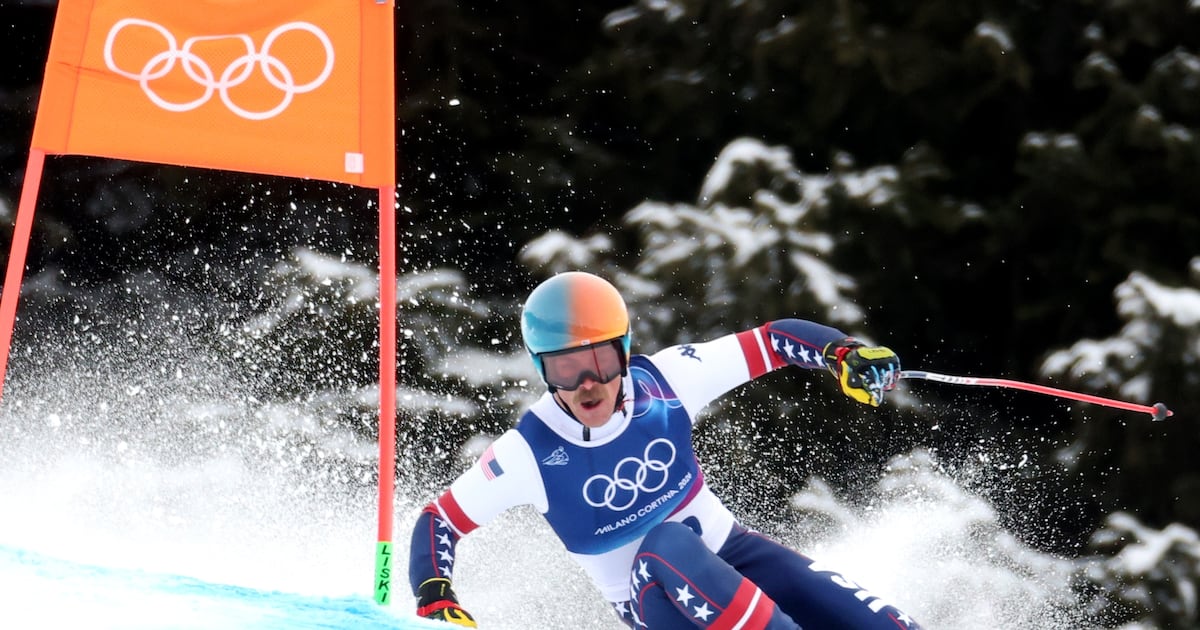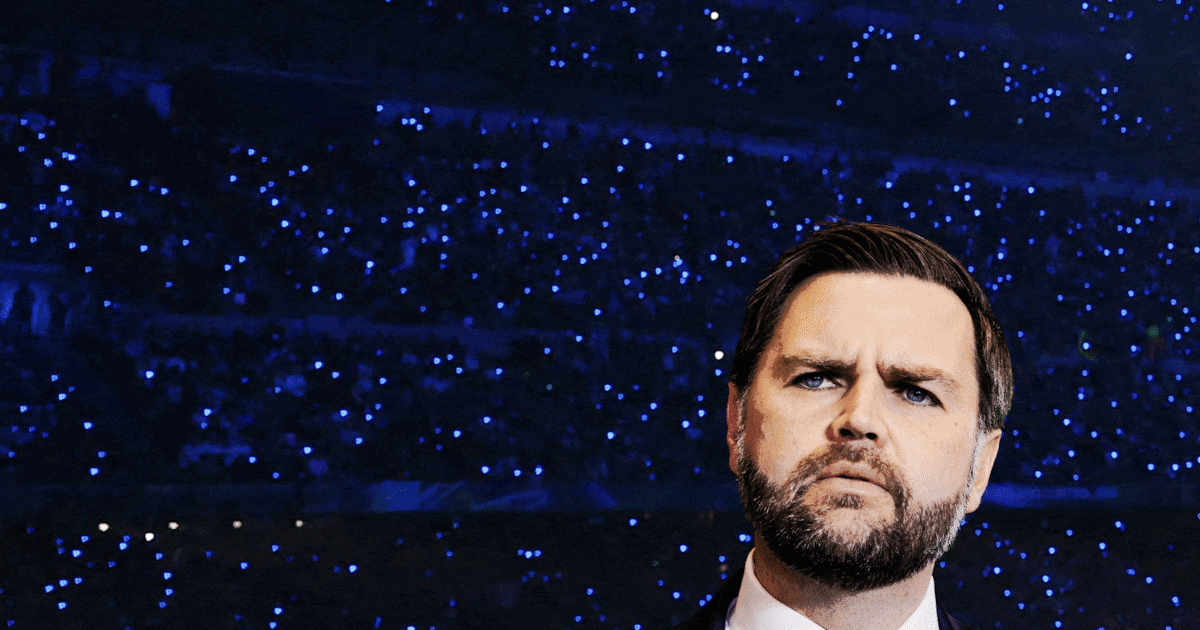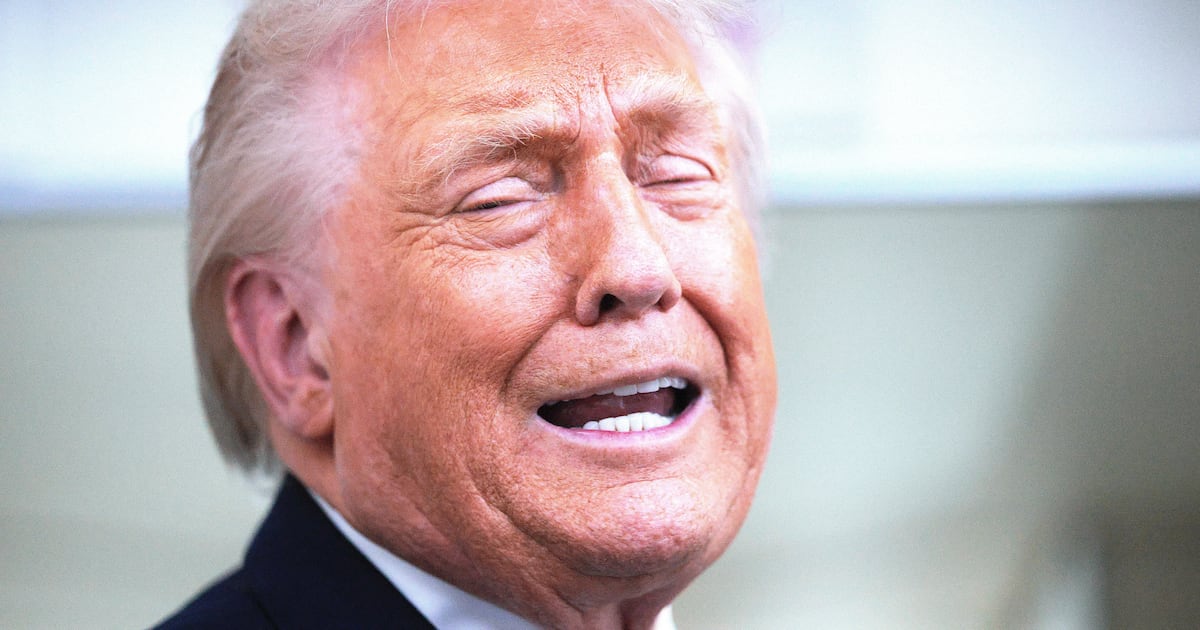How observable was Andreas Lubitz’s condition in the hours before he flew his Germanwings Airbus 320 into a mountain? There has been a steady drip of clues to his state of mind, mostly from the pages of the German tabloid Bild. When these are all put together it seems extraordinary that his inner stresses and demons were successfully concealed by his outward behavior—particularly from those who worked most closely with him, the crews and captains he flew with.
Earlier reports that Lubitz saw doctors because of a vision problem have now been supplemented by a report that late last year he was in a car crash and suffered trauma that resulted in impaired vision. Was this never apparent in the way he handled his flying?
Bearing this in mind, it’s important to realize that the catastrophe did not happen on his first flight of that day but on the second. An essential earlier part of the timeline remains unexplored. The A320 landed in Barcelona at 8:57 a.m. That means that the captain, Patrick Sondenheimer, and Lubitz must have risen early that morning in order to fly the first leg from Dusseldorf to Barcelona, usually a flight of little over an hour.
Lubitz’s doctors had given him a medical leave certificate for that day, which he had torn up. Bild is now reporting that, in fact, Lubitz told his doctors that he was taking sick leave after the crash and not flying.
Investigators will want to know in detail about all the interaction between Sondenheimer and Lubitz and other airline staff that morning—and view any closed-circuit television footage that covered it. The crew would have received a briefing by the airline’s despatchers in Dusseldorf that included information like the weather en route and the density of the traffic in and out of Barcelona. Then there is the pre-flight check in the cockpit, a familiar routine.
Investigators who examined Lubitz’s computer have discovered that in the weeks before the crash he was researching methods of suicide—and the mechanism of the cockpit door lock. This indicates that throughout his briefings that morning and during the flight from Dusseldorf to Barcelona he had his maniacal plan in place in his head—he just needed an opportunity to be left alone in the cockpit to execute it. Clearly that chance never came on the first leg of the flight.
For an airline like Germanwings, operated on the budget airline model, quick turnarounds between flights are vital. There were some traffic delays in Barcelona, but Sondenheimer and Lubitz managed a relatively quick turnaround—one hour and four minutes.
It’s likely that Lubitz knew from his previous experience that once they reached cruise height of 38,000 feet Sondenheimer would feel relaxed enough to take a bathroom break with little encouragement. As soon as the door closed as Sondenheimer left it was locked, and Lubitz began the deadly descent. This, too, was almost surely premeditated.
The cockpit door was the last piece of the plan to fall into place. The first was how to crash the airplane without being stopped by the automated flight management system. As I have reported before, his choice of a 10-minute descent rather than a sudden nose-dive enabled him to evade a safeguard built into the Airbus’s autopilot computers that prevented extreme maneuvers.
If the information in the flight-data recorder that has now been recovered can be downloaded it will complete the picture of what commands Lubitz entered into the flight management system. For example, Lubitz’s target altitude for the end of his descent was 100 feet. The computer had no means of knowing that the airplane was heading toward mountains at 6,890-foot elevation. Only the automatic proximity avoidance system could warn of that, and Lubitz simply ignored it.
What can be taken away from the new picture of Lubitz’s actions in the weeks before the crash is that his doctors were not the last line of defense against his plan. His managers and colleagues were. And they apparently saw nothing to worry them.





